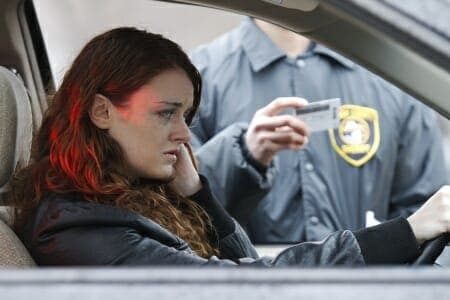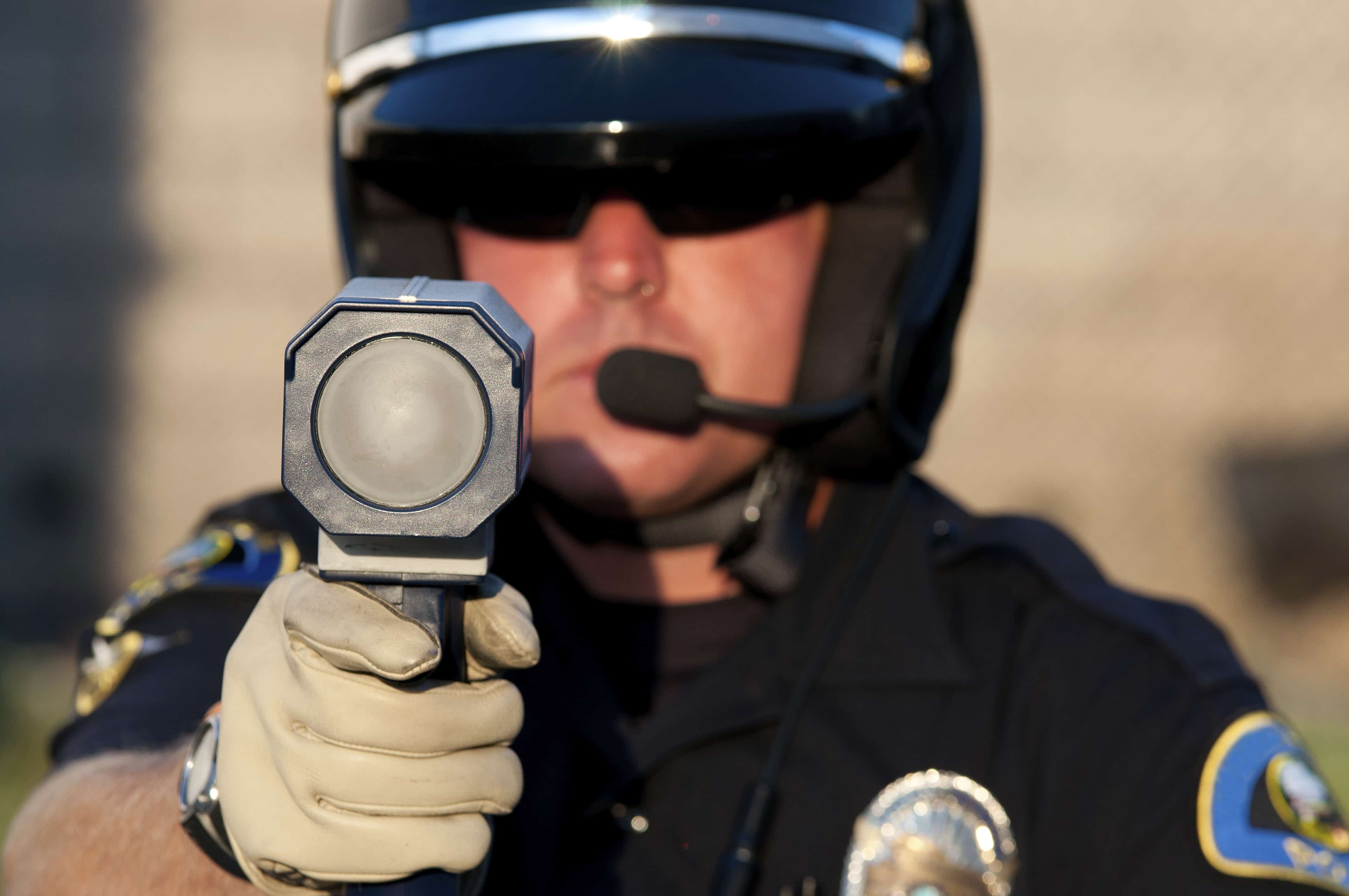Can A Waymo Self-Driving Car Get A Ticket?
Accidents Involving Self-Driving Cars
Self-driving taxis are a common sight in the Phoenix metro area these days. Probably because the excellent weather free from snow and ice and with virtually no rain, makes the Phoenix area an excellent test spot for self-driving cars. The lack of bad weather means the LiDAR, radar and cameras that self-driving cars use to see are not obstructed by bad weather.
A quick search turns up many “interesting” driving maneuvers performed by self-driving vehicles. I’ve seen them drive the wrong way down roads or swerve in and out of their lanes like the robot driver was on its phone or had too much to drink.
Recently on May 21, 2024, a self-driving car in Phoenix collided with a telephone pole in an alley. There was yellow striping on the roadway of the alley to alert drivers to keep their distance from the pole. This resulted in a recall of the self-driving vehicle, but no ticket.
Here’s the story from 12 News:
Human Drivers vs. Self-Driving Cars – A Double Standard
I’m a traffic ticket attorney, so I know exactly what would have happened if a human driver crashed into a telephone pole. At a minimum, the human driver would have been charged with a violation of A.R.S. 28-701A, failure to control speed to avoid a collision.
If the human driver had been on their phone at the time of the collision, they would have also been charged with a violation of 28-914, using a mobile phone while driving.
Now if a human driver ran into a telephone pole in an alley in Old Town Scottsdale while looking at their phone, I wouldn’t be surprised to see the Scottsdale Police cite the driver for reckless driving.
So considering how a human driver would have been treated, what happened to the self-driving car after it ran into a telephone pole? Nothing. The self-driving car got a software update. Why is a crash just a mistake to learn from for a self-driving car, but a civil or criminal charge for a human driver? Why the differential treatment? I have no idea, but it bears consideration.
Should the laws change to address this double standard?
As criminal defense attorneys and advocates of liberty, we don’t generally advocate for more laws and regulations from the government. The part that rubs us the wrong way here is that if a self-driving car, essentially a robot, can make a mistake and not get in trouble, why is the same not true for a human?
Perhaps the laws regarding traffic accidents need to be softened. After all, even if no ticket is issued in an accident, there is still a civil remedy. Someone who sustains property damage or personal injury in an accident can sue civilly to recover those damages. This is what insurance is for. So if there is already a civil remedy, why pile on with a ticket?
I’m not sure what the other option is. With regard to the self-driving car above, who would the police issue a ticket to? The software developer? Maybe self-driving car companies should have to designate a human employee to be cited anytime one of their self-driving cars gets in an accident.
Maybe self-driving cars should be outlawed if no one can be assigned ultimate responsibility for these accidents. A self-driving car is not capable of conforming to some of the other driving laws like exchanging information after an accident. If a human fails to exchange information after an accident, it is a crime.
Maybe humans will eventually be banned from driving. This sounds like a terrible option.
I don’t know what the answer is. This is new territory for humans. I do know that even robots get into car accidents though.
Latest Blog Posts
Civil Speeding Tickets in Arizona
Most speeding tickets are civil in nature (as opposed to criminal speeding tickets). You can usually identify if your speeding ticket is civil by looking to see if the “civil” box is checked on your ticket. A.R.S. 28-701(A) is the statute that addresses speeding.
Should You Tell The Police There Is A Gun In Your Car?
You are driving along in a safe manner, minding your own business, and out of the blue a cop pulls you over for doing something police do every day with no consequences (like changing lanes without a blinker or speeding). As you are pulling over, you think about the handgun you are carrying (in your glove box, concealed on your person, in your center console, etc.) and how this could impact your traffic stop.
Chris Rike is a founding partner of Traffic Law Guys, an Arizona law firm committed to protecting the rights of drivers facing criminal traffic charges.


